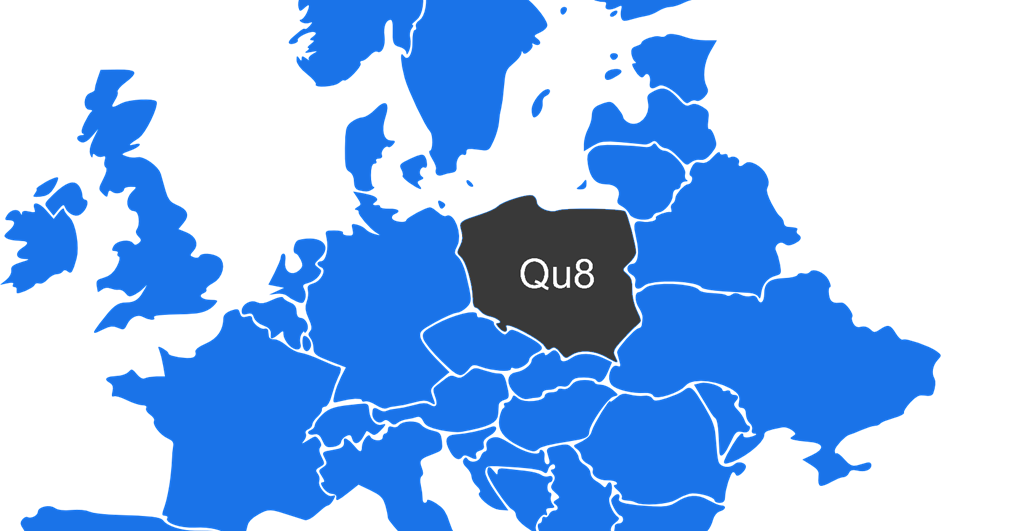
Poland: An Emerging Hotspot for Global Technology Hubs
In recent years, Poland has established itself as a leading destination for international companies looking to set up technology hubs. With its strategic location in Central Europe, a highly skilled workforce, competitive costs, and a thriving tech ecosystem, the country has become a magnet for global enterprises. Companies such as UBS, Ryanair, Google, Intel, and Microsoft have chosen Poland as a key base for their technological operations, further solidifying the nation’s reputation as a growing tech powerhouse.
A Rich Talent Pool
Poland boasts a highly educated workforce with a strong emphasis on STEM (science, technology, engineering, and mathematics) disciplines. The country produces over 70,000 IT graduates annually from prestigious universities, such as the University of Warsaw and AGH University of Science and Technology. Polish developers are ranked among the best globally, particularly in coding competitions like HackerRank and TopCoder. This abundance of skilled professionals makes Poland an attractive choice for companies seeking innovative talent.
Cost Efficiency
Poland offers a competitive cost structure for businesses compared to Western European countries or the United States. While wages are rising in the tech sector due to increasing demand, the overall operational costs remain significantly lower. This cost advantage enables companies to optimize budgets while maintaining high-quality outcomes, making it a preferred destination for technology hubs.
Strategic Location and Infrastructure
Situated at the crossroads of Western and Eastern Europe, Poland provides easy access to major European markets. Its robust transportation infrastructure and well-connected cities enhance business operations. Additionally, Poland’s EU membership ensures regulatory stability, which is particularly appealing to international firms navigating global markets.
Supportive Business Environment
The Polish government has been proactive in fostering a conducive environment for technology-driven enterprises. Initiatives like the Poland Investment and Trade Agency (PAIH) and tax incentives for R&D activities encourage foreign investments. Additionally, the development of special economic zones (SEZs) offers businesses further benefits, including tax reliefs.
Thriving Tech Ecosystem
Poland’s tech ecosystem is flourishing, with vibrant innovation hubs in cities like Warsaw, Kraków, Wrocław, and Gdańsk. These cities host an array of tech meetups, startup incubators, and co-working spaces, creating a dynamic environment for collaboration and growth. Moreover, the country is home to a growing number of successful startups, such as DocPlanner and Allegro, which adds to its tech credibility.
Success Stories: Global Companies in Poland
Several international companies have already reaped the benefits of setting up technology hubs in Poland:
- UBS: The Swiss banking giant operates one of its largest IT centers in Kraków, employing thousands of tech professionals.
- Ryanair: Europe’s largest low-cost airline chose Wrocław as the location for its IT and innovation center, which supports its digital transformation initiatives.
- Google: The tech giant has invested heavily in its Warsaw office, which focuses on cloud computing and AI research.
- Intel: The semiconductor leader has a long-standing presence in Poland, with R&D centers contributing to cutting-edge technological advancements.
- Microsoft: The company expanded its operations in Warsaw by establishing a cloud data center region, further emphasizing Poland’s growing importance in the digital landscape.
Looking Ahead
Poland’s ability to attract global technology hubs lies in its unique blend of talent, cost-effectiveness, and innovation-friendly policies. As international companies continue to expand in the region, Poland is poised to strengthen its position as a leading tech destination in Europe. With sustained investment in education, infrastructure, and innovation, the country is set to play an even greater role in shaping the global technology landscape.